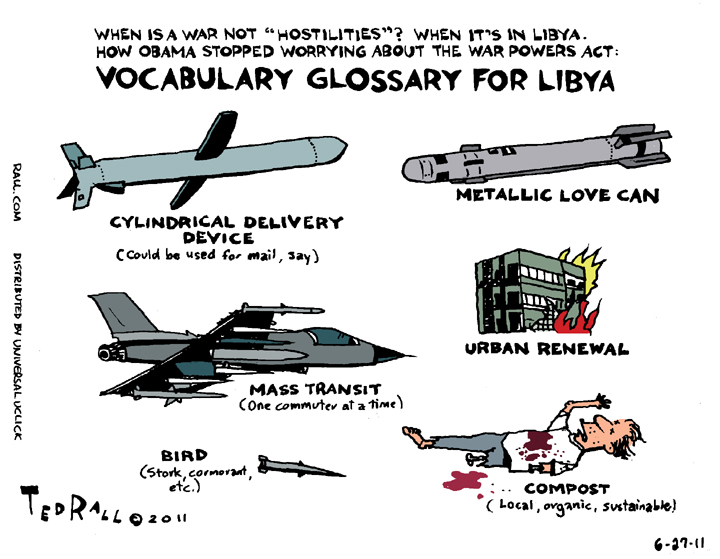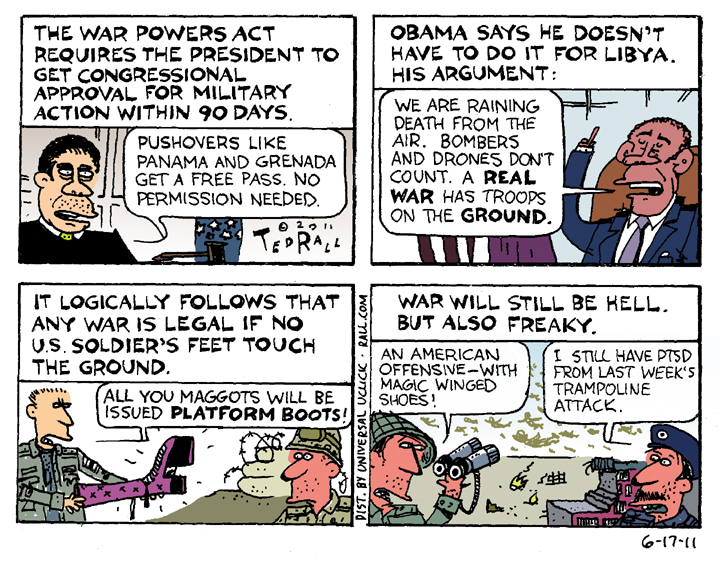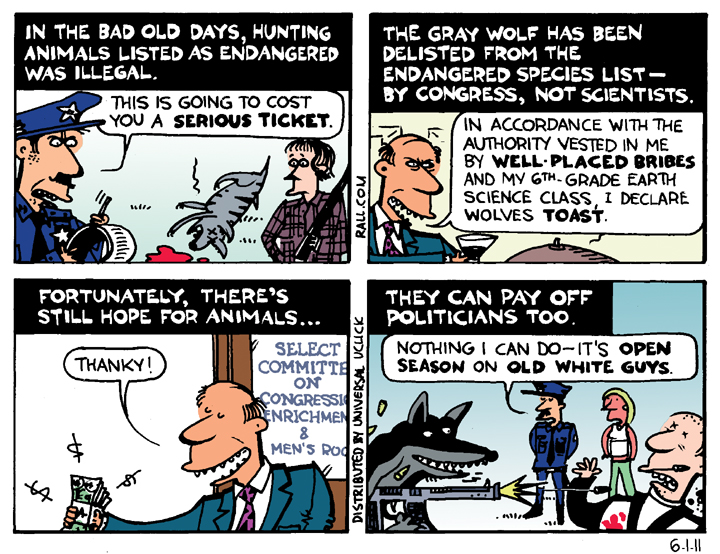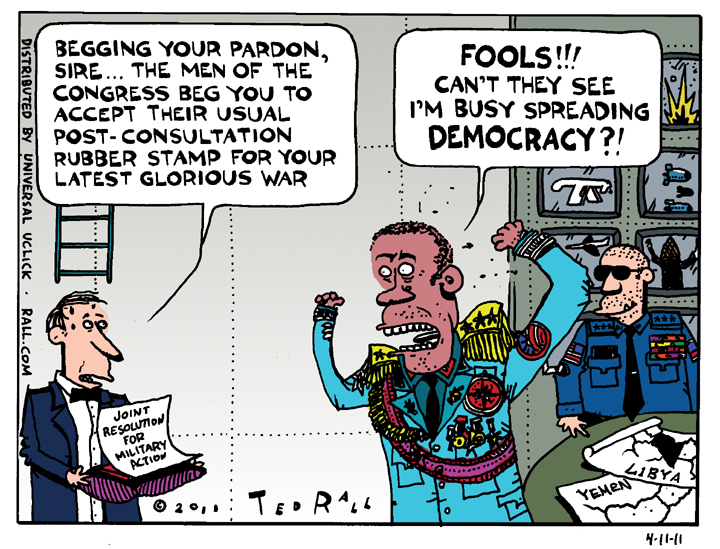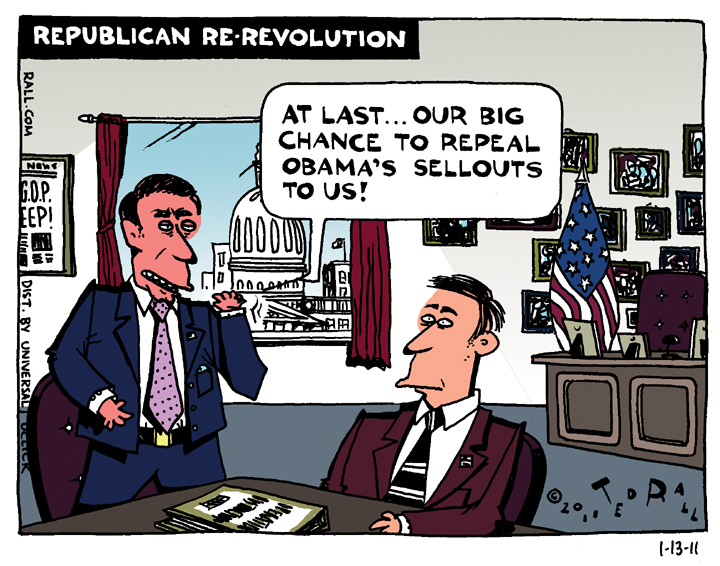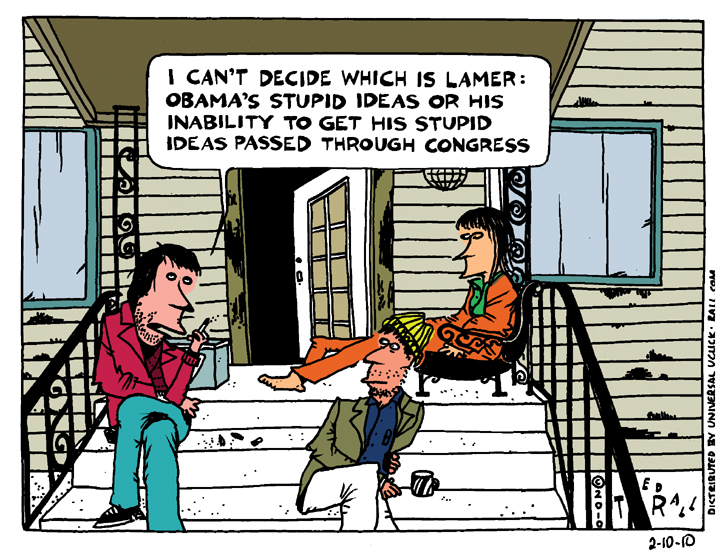US mainstream media and the public’s willful ignorance is to blame for lack of knowledge about true cost of wars.
Why is it so easy for American political leaders to convince ordinary citizens to support war? How is that, after that initial enthusiasm has given away to fatigue and disgust, the reaction is mere disinterest rather than righteous rage? Even when the reasons given for taking the U.S. to war prove to have been not only wrong, but brazenly fraudulent—as in Iraq, which hadn’t possessed chemical weapons since 1991—no one is called to account.
The United States claims to be a shining beacon of democracy to the world. And many of the citizens of the world believes it. But democracy is about responsiveness and accountability—the responsiveness of political leaders to an engaged and informed electorate, which holds that leadership class accountable for its mistakes and misdeeds. How to explain Americans’ acquiescence in the face of political leaders who repeatedly lead it into illegal, geopolitically disastrous and economically devastating wars of choice?
The dynamics of U.S. public opinion have changed dramatically since the 1960s, when popular opposition to the Vietnam War coalesced into an antiestablishmentarian political and culture movement that nearly toppled the government and led to a series of sweeping social reforms whose contemporary ripples include the recent move to legalize marriage between members of the same sex.
Why the difference?
Numerous explanations have been offered for the vanishing of protesters from the streets of American cities. First and foremost, fewer people know someone who has gotten killed. The death rate for U.S. troops has fallen dramatically, from 58,000 in Vietnam to a total of 6,000 for Iraq and Afghanistan. Many point to the replacement of conscripts by volunteer soldiers, many of whom originate from the working class, which is by definition less influential. Congressman Charles Rangel, who represents the predominantly African-American neighborhood of Harlem in New York, is the chief political proponent of this theory. He has proposed legislation to restore the military draft, which ended in the 1970s, four times since 9/11. “The test for Congress, particularly for those members who support the war, is to require all who enjoy the benefits of our democracy to contribute to the defense of the country. All of America’s children should share the risk of being placed in harm’s way. The reason is that so few families have a stake in the war which is being fought by other people’s children,” Rangel said in March 2011.
War is extraordinarily costly in cash as well as in lives. By 2009 the cost of invading and occupying Iraq had exceeded $1 trillion. During the 1960s and early 1970s conservatives unmoved by the human toll in Vietnam were appalled by the cost to taxpayers. “The myth that capitalism thrives on war has never been more fallacious,” argued Time magazine on July 13, 1970. Bear in mind, Time leaned to the far right editorially. “While the Nixon Administration battles war-induced inflation, corporate profits are tumbling and unemployment runs high. Urgent civilian needs are being shunted aside to satisfy the demands of military budgets. Businessmen are virtually unanimous in their conviction that peace would be bullish, and they were generally cheered by last week’s withdrawal from Cambodia.”

